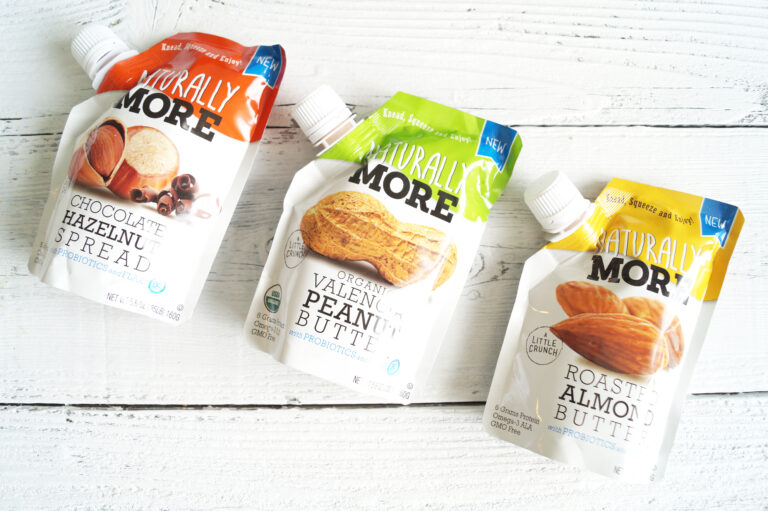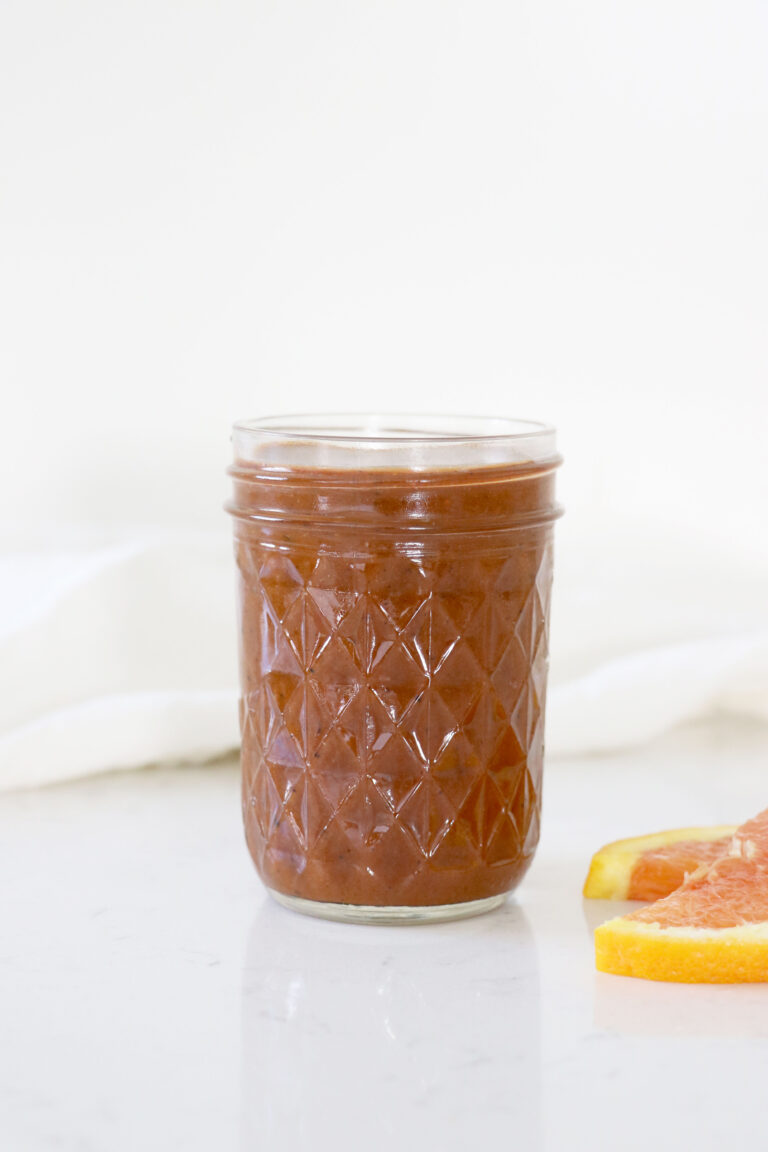Did you know that 1 in 8 women have a hard time getting pregnant or staying pregnant? If you’re looking for natural ways to boost your fertility, how to increase your chance of conceiving and simple ways to hormone health, today’s blog post is for you!
Infertility is not rare, even though it can feel that way! The reason for infertility is varied and complex and conditions such as PCOS, Endometriosis, Auto-Immune Diseases, diet, lifestyle and more can play a major role. However, there is hope and many women go on to conceive, carry and birth a baby with consistency in their TTC journey – whether it happens naturally or with the help of modern medicine. The content of this article is just the tip of the iceberg. Custom and unique care under the guidance of a doctor, naturopath, fertility specialist, dietitian or combination of all these health care professionals is the best route to ensure your personal health needs are being met. Below are some suggestions to support fertility as you begin or continue your journey.
As someone who personally struggled to get pregnant with our first child, you can watch my Fertility Video Series Here, I understand the emotional, financial and physical toll that infertility can have on your body and relationships. You’re not alone, you’re doing a great job and don’t give up. Trust the timing of your life and know that you will become a mama one day – even if that day is not exactly when or how you planned. Life is full of powerful moments, but you are powerful too and this season of waiting will not be forever.
Fertility Tips:
Reduce Stress
Stress is a part of life, however living with chronic stress can negatively impact our health in a big way. When you’re trying to conceive and especially if it’s taking longer than you hoped for, this can be stressful. Stress can then affect our sleep, desire to exercise, food choices, overall physical wellbeing, ovulation and hormonal disruption which all play a significant role with your body’s ability to get pregnant. There are many ways to combat stress and figuring out what works best for you is so important. Journaling, meditation, exercise, yoga, getting fresh air, staying hydrated, connecting with a friend, unplugging from social media, diffusing essential oils, eating real, whole foods and engaging in an activity that is relaxing such as painting or your favorite hobby are just a few ways to relieve and manage stress. Self care is extremely important to reduce stress. Acupuncture, massage and counseling are also wonderful ways to support your mental, physical and emotional health.
Gut Health
Did you know that gut health directly relates to immune and hormone health?
A study done in 2013 showed that when eating a fiber-rich diet enhanced with estrogen, gut health increased compared to a sugar filled diet. The theory is that correct amounts of estrogen along with probiotics can lead to a healthy, happy gut and promote fertility. When our gut health is out of balance, our hormones, immune system, digestive system, and even autoimmune conditions can flare up and be disrupted. Improving gut health is a great place to start regulating your hormones. The first step to healing your gut is changing your diet. A gut healthy diet includes foods that are rich in antioxidants, vitamins and minerals, packed with fiber and low in sugar. In addition, probiotics and probiotic rich foods can support gut health. Some foods that naturally contain prebiotics and probiotics are bananas, oats, quinoa, kimchi, kombucha, sauerkraut, miso, yogurt, asparagus, apples and dark leafy greens. Probiotic supplements are also available at your local health food store. If you are concerned that you may have gut issues, speak with your health care provider or Registered Dietitian to explore your diet, symptoms and health status further.
Low Sugar
In the same way that poor gut health can distribute hormone health, sugar plays a major role in negatively affecting hormones. Excessive sugar can lead to hormonal imbalances and insulin resistance. Insulin issues have been directly correlated to Polycystic Ovarian Syndrome (PCOS), which may significantly effect all reproductive hormones. While hormone health is complicated and can seem very overwhelming, the best place to start with is a blood test. Having your various levels checked will give you a true depiction of what is working well and what is off within your body and then you can work with your healthcare team to create a plan! However, a low sugar diet is beneficial for everyone. You can begin today by cutting back on eating packaged or processed foods which typically contain added sugar. Aim for your natural sugar and starch sources to come from real, whole foods such as fruits, vegetables and grains.
Tracking Cycle
Keeping track of your monthly cycle can help you understand when your body has a higher chance of conception. There are different Fertility Awareness Methods (FAM) that can help you keep track of when your body ovulates, which is when your ovaries release an egg each month. When your body releases an egg, it stays in your fallopian tube for about 24 hours as it waits to be fertilized. Sperm can live anywhere from 48-72 hours. Knowing your ovulation window is so important since your egg only has 24 hours for fertilization. A “normal” cycle is 28 days with ovulation happening around the mid-way point at day 14. However, what is “normal” or textbook is not always what your body may be experiencing. Some women have longer or shorter period or they ovulate early or late. Below are a few ways you can track your body and cycles to know when personally are most fertile.
Temperature Method: This method is where you take your temperature every day right when you wake up and keep track of the temperature on a chart. Although there are some great Apps now that make this easer! Why is this helpful? Your temperature will typically rise to around 97-99 degrees Fahrenheit when ovulating. Overtime as you track you’ll see that your temperature likely stays consistent all month and then there is a rise in temperature when you ovulate. If your temperature is up and down and not consistent, this could indicate an imbalance that is worth looking into! It’s also important to make sure you are truly taking your temperature first thing when you wake up, before you speak or drink anything, are still laying in bed and at the same time every day. If you take your temperature at 5:30am one day and then 9am the next time, the temperature will likely be different simply because of time of day.
Cervical Mucus Method: This FAM method is where you chart your daily discharge. Your body typically produces the most mucus right before ovulation. As you are closer to ovulation your cervical mucus will become more creamy, thick and white.
Keeping track of these bodily changes will help you develop a pattern to know when you are ovulating and most fertile. You usually need to chart for at least 6 months for a correct pattern to develop and the week be most accurate.
Blood Work & Checkups
Our body’s are extremely complex and even correcting small things can make a huge difference. This is why it is important to get a check up and blood work done from your primary care provider. Your blood work should include thyroid levels and hormones since they are key in your fertility. Another test to consider is getting a food allergen test. A food allergy or intolerance can cause an inflammatory response in the body, which can lead to chronic inflammation. Chronic inflammation can cause reproductive conditions such as endometriosis, PCOS, fibroids and cysts, adenomyosis and pelvic inflammatory disease. Discovering what foods trigger inflammation can help you create a diet that works best for you and your body.
Limit Caffeine & Alcohol
Caffeine affects activity in our hypothalamus, pituitary glands and adrenal glands, which all contribute to stress and secreting hormones. Caffeine can stimulate or re-create “stress” and can cause an imbalance of hormones in our body. Some research has also shown that caffeine may alter estrogen levels, which directly impacts our reproductive health. Alcohol can disrupt hormones by impairing the function of the glands that secrete them, including reproductive hormones. Intense chronic drinking can disrupt or cease your menstrual cycle, leading to cycles without ovulation or some extreme causes, early menopause.
Yoga & Acupuncture
Yoga is a great form of exercise and meditation that may be perfect for you to add into your weekly routine. Yoga has been shown to reduce stress, which as mentioned above, can affect our fertility. Specific poses can also increase blood flow to our pelvic cavity, which stimulates hormone producing glands as well as relaxing muscle tension.
Acupuncture uses very small, thin needles on specific points of the body to stimulate blood flow to that area. I have seen many positive personal benefits from acupuncture and as someone who is not a fan of needles, you can’t even feel them! Acupuncture may be helpful for some to circulate blood flow to their reproductive organs, balance hormones and even relieve stress. Research acupuncture in your area to find an acupuncturist with a license and one that provides a safe practice.





